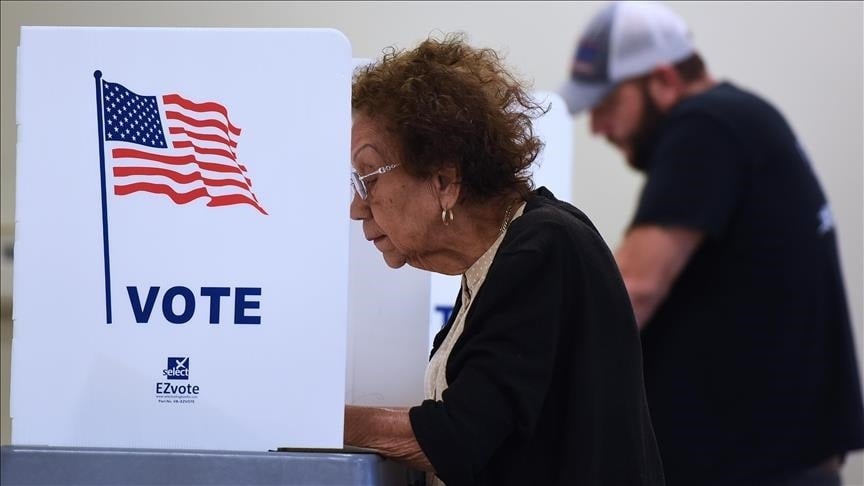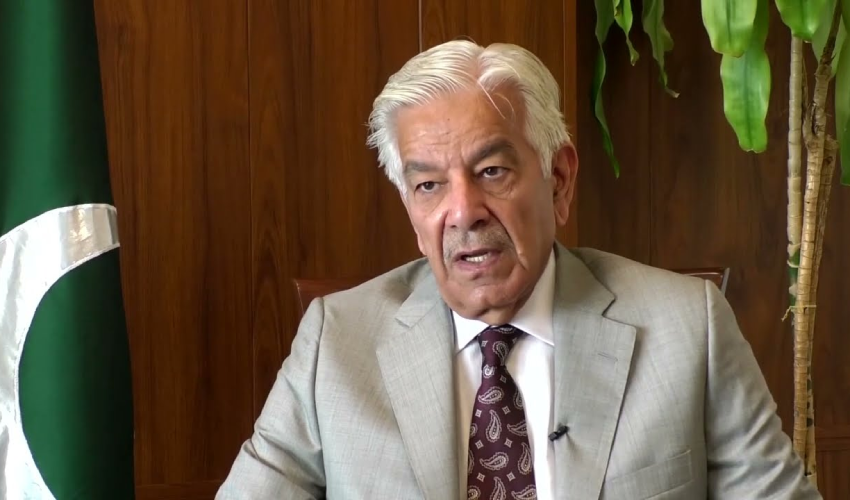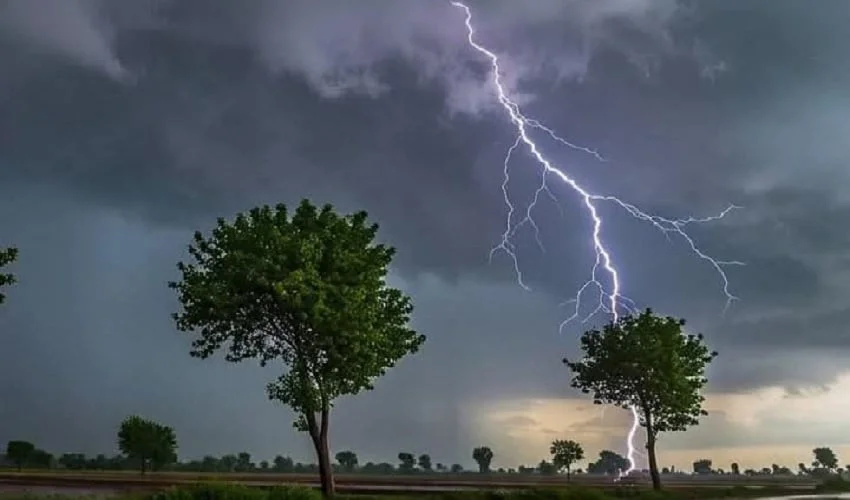Donald Trump has announced that he will issue an executive order to make voter identification mandatory for every ballot cast in the United States. The former president, who returned to office in January, said on Truth Social that voter ID must be part of every vote with “no exceptions.”
Trump’s announcement is the latest step in his push to reshape U.S. elections. He said only two groups would be allowed to vote by mail: people who are seriously ill and military personnel deployed overseas. He also repeated his call to end the use of voting machines, saying all elections should return to paper ballots and hand counting. Experts, however, warn that such a system would be slower, more costly, and more prone to human error.
Also Read: Four Policemen Hurt in Naran Firing
The order raises big constitutional questions. Federal elections in the U.S. are run by individual states, not by the White House. Legal experts believe any attempt to impose nationwide voting rules through an executive order would face immediate court challenges. Critics argue that Trump does not have the authority to make such sweeping changes without approval from Congress or state governments.
The timing is also important. The midterm elections on November 3, 2026, will be the first nationwide test since Trump’s return to office. Republicans are working to expand their majority in Congress, while Democrats see the midterms as a chance to block Trump’s domestic policies.
Trump’s plan to tighten voting rules reflects his long-standing claims of election fraud, even though no evidence of widespread fraud has been found. Supporters say stronger rules will protect election integrity, while opponents argue the changes could limit access to the ballot and undermine confidence in the democratic process.
As the midterms get closer, Trump’s executive order is expected to trigger heated political and legal battles that could shape the future of voting in the United States.





